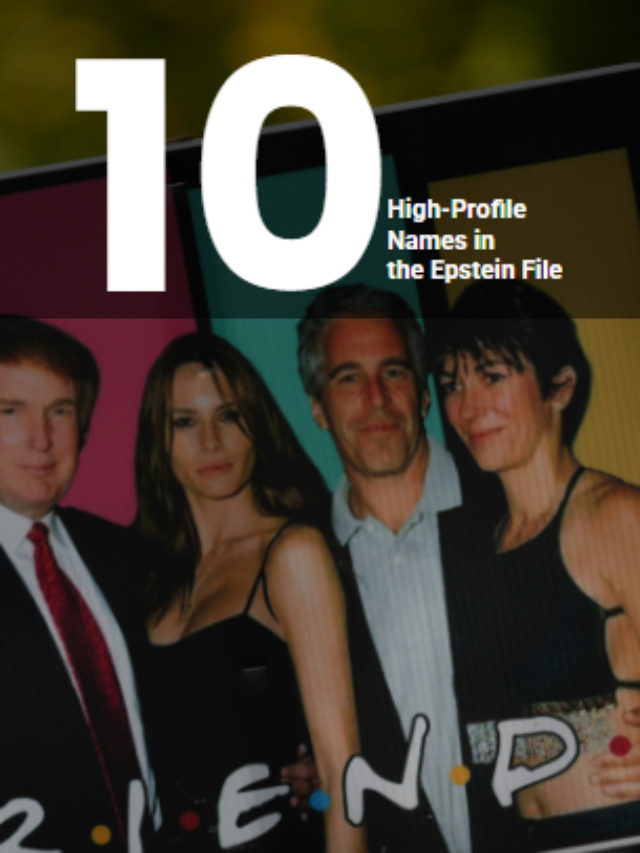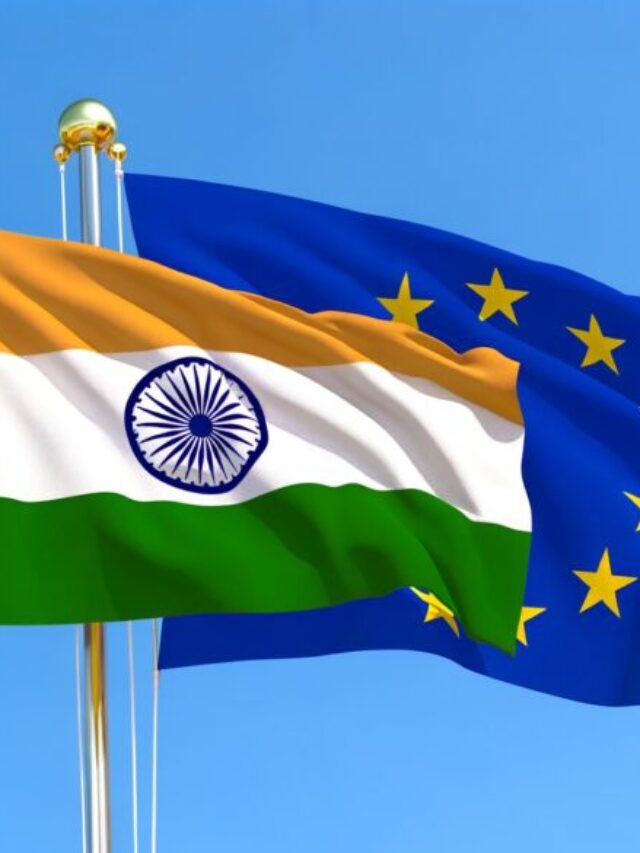WhatsApp has informed the Delhi High Court that it will cease operations rather than compromise on message encryption. The messaging platform, along with its parent company Meta (formerly Facebook), has challenged Rule 4(2) of the Information Technology (Intermediary Guidelines and Digital Media Ethics Code) Rules, 2021. This rule mandates social media intermediaries, primarily messaging services, to enable the identification of the first originator of information upon judicial order.
Advocate Tejas Karia, representing WhatsApp, emphasized that the platform’s appeal lies in its commitment to privacy and end-to-end encryption. He argued that breaking encryption would infringe on users’ privacy and impose an unprecedented burden of storing millions of messages for years. Karia highlighted that such a requirement is unparalleled globally and not supported by the Information Technology Act.
Also Read: Refreshing Summer Drink Recipes to Beat the Heat
The court questioned the existence of similar laws elsewhere, to which Karia responded negatively, citing no instances even in countries like Brazil. However, the Centre contended that the rule aims to trace message origins to ensure accountability and maintain social harmony, particularly in the face of misinformation.
The court adjourned the matter to August 14, seeking a balance between privacy concerns and the need for traceability. The Ministry of Electronics and Information Technology opposed WhatsApp’s petition, arguing that non-implementation of the IT Rules 2021 could hinder law enforcement efforts to combat fake messages, potentially disrupting societal peace and harmony.
As the legal battle unfolds, it underscores the broader debate surrounding privacy rights, encryption, and government regulation in the digital age.







